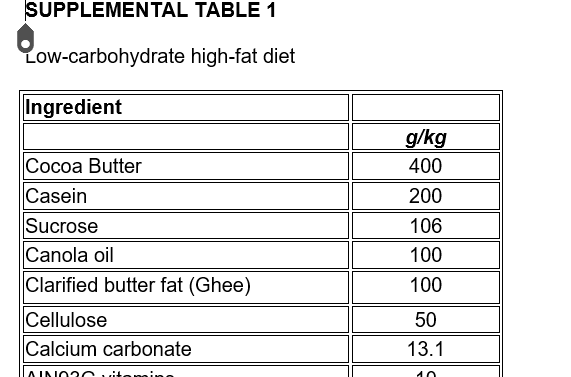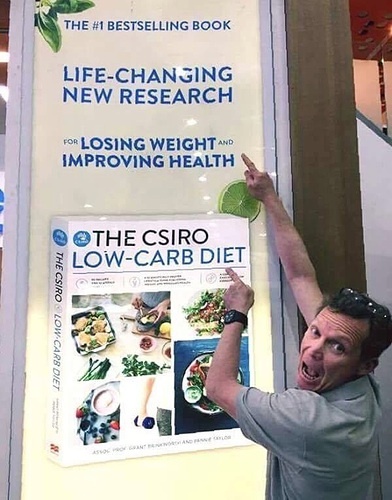What’s up with this? A new study from the University of Melbourne states that:
Following a low-carbohydrate, high-fat diet for just eight weeks can lead to rapid weight gain and health complications, a new mouse study has demonstrated. The study has prompted researchers to issue a warning about putting faith in so-called fad diets with little or no scientific evidence.
Seem to completely contradict the growing body of scientific evidence. Does anyone have the straight scoop on this one?




